WAYS TO EXPAND VACCINATIONS
입력 2021.04.07 (15:45)
수정 2021.04.07 (16:46)
읽어주기 기능은 크롬기반의
브라우저에서만 사용하실 수 있습니다.
[Anchor Lead]
More than one million people have been vaccinated since vaccination began in Korea 40 days ago. But the figure accounts for merely 2% of the population. As countries around the globe scramble to find enough doses to meet the demands, Korean public health officials said that various options, including restricting the export of locally produced vaccines, are being reviewed to ensure a steady supply of vaccines.
[Pkg]
More than one million people have received their first shots since vaccination began in South Korea some 40 days ago. But that vaccination rate does not account for even 2% of the total population. As there's growing uncertainty over COVID-19 vaccine supplies around the globe, local health authorities announced various options are being considered.
[Soundbite] Jeong Yu-jin(COVID-19 Vaccination Response Program) : "(Are you thinking about banning the export of AstraZeneca vaccines produced in the Andong plant?) We are reviewing all possible options so that vaccines can be imported effectively."
The government response changed a little since March 30th, when restricting vaccine export was not considered. However, many experts point out that export restriction is an option that requires much deliberation. Limiting export could secure more vaccine doses for Korea, but given the principle of reciprocity, it could make it difficult for Seoul to import other vaccines produced overseas. Moreover, it would be difficult for the nation to manufacture additional doses because the supply of raw ingredients and subsidiary materials are in the hands of foreign parent companies.
[Soundbite] Jung Jae-hoon(Prof. Gachon Univ. College of Medicine) : "If Korea stops vaccine export, import could be stopped as well. Export restriction would be difficult since Korea depends on imported Pfizer or Moderna mRNA vaccines."
Experts believe increasing the number of first shots with the vaccines already secured as the most realistic solution.
[Soundbite] Jung Jae-hoon(Prof. Gachon Univ. College of Medicine) : "Simulations showed that once first-shot recipients reach 20% of the population, virus spread can be prevented to some degree using existing disease control measures."
But this attempt to boost vaccination rate can be undermined by the spread of COVID-19 variants and possible abnormal reactions. Authorities should carefully study rare reactions like cerebral thrombosis occurring in and outside of the country. Disease control authorities project the virus transmission could be brought under control to some degree, when more than 10 million people get vaccinated by June.
More than one million people have been vaccinated since vaccination began in Korea 40 days ago. But the figure accounts for merely 2% of the population. As countries around the globe scramble to find enough doses to meet the demands, Korean public health officials said that various options, including restricting the export of locally produced vaccines, are being reviewed to ensure a steady supply of vaccines.
[Pkg]
More than one million people have received their first shots since vaccination began in South Korea some 40 days ago. But that vaccination rate does not account for even 2% of the total population. As there's growing uncertainty over COVID-19 vaccine supplies around the globe, local health authorities announced various options are being considered.
[Soundbite] Jeong Yu-jin(COVID-19 Vaccination Response Program) : "(Are you thinking about banning the export of AstraZeneca vaccines produced in the Andong plant?) We are reviewing all possible options so that vaccines can be imported effectively."
The government response changed a little since March 30th, when restricting vaccine export was not considered. However, many experts point out that export restriction is an option that requires much deliberation. Limiting export could secure more vaccine doses for Korea, but given the principle of reciprocity, it could make it difficult for Seoul to import other vaccines produced overseas. Moreover, it would be difficult for the nation to manufacture additional doses because the supply of raw ingredients and subsidiary materials are in the hands of foreign parent companies.
[Soundbite] Jung Jae-hoon(Prof. Gachon Univ. College of Medicine) : "If Korea stops vaccine export, import could be stopped as well. Export restriction would be difficult since Korea depends on imported Pfizer or Moderna mRNA vaccines."
Experts believe increasing the number of first shots with the vaccines already secured as the most realistic solution.
[Soundbite] Jung Jae-hoon(Prof. Gachon Univ. College of Medicine) : "Simulations showed that once first-shot recipients reach 20% of the population, virus spread can be prevented to some degree using existing disease control measures."
But this attempt to boost vaccination rate can be undermined by the spread of COVID-19 variants and possible abnormal reactions. Authorities should carefully study rare reactions like cerebral thrombosis occurring in and outside of the country. Disease control authorities project the virus transmission could be brought under control to some degree, when more than 10 million people get vaccinated by June.
■ 제보하기
▷ 카카오톡 : 'KBS제보' 검색, 채널 추가
▷ 전화 : 02-781-1234, 4444
▷ 이메일 : kbs1234@kbs.co.kr
▷ 유튜브, 네이버, 카카오에서도 KBS뉴스를 구독해주세요!
- WAYS TO EXPAND VACCINATIONS
-
- 입력 2021-04-07 15:45:10
- 수정2021-04-07 16:46:19
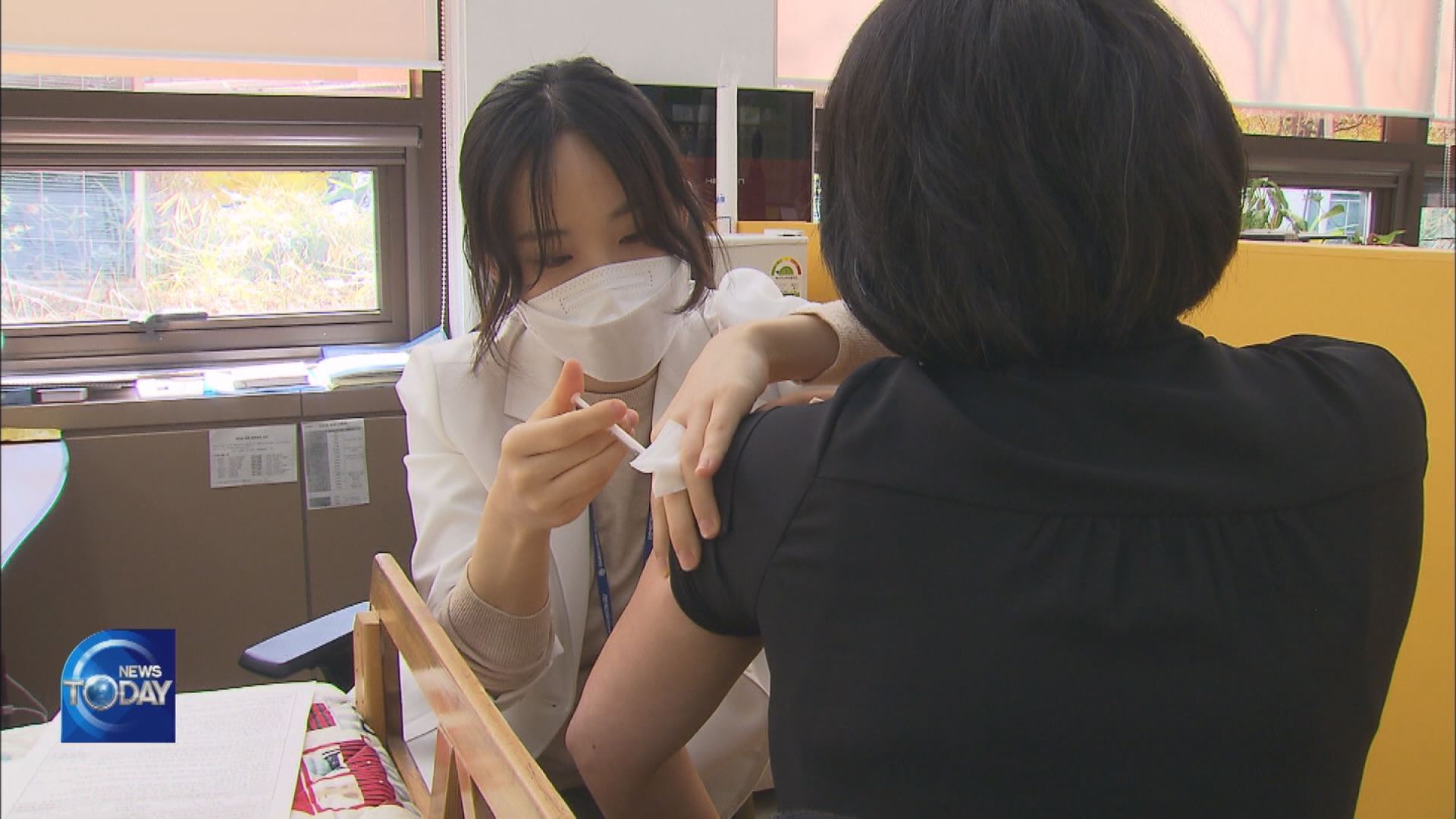
[Anchor Lead]
More than one million people have been vaccinated since vaccination began in Korea 40 days ago. But the figure accounts for merely 2% of the population. As countries around the globe scramble to find enough doses to meet the demands, Korean public health officials said that various options, including restricting the export of locally produced vaccines, are being reviewed to ensure a steady supply of vaccines.
[Pkg]
More than one million people have received their first shots since vaccination began in South Korea some 40 days ago. But that vaccination rate does not account for even 2% of the total population. As there's growing uncertainty over COVID-19 vaccine supplies around the globe, local health authorities announced various options are being considered.
[Soundbite] Jeong Yu-jin(COVID-19 Vaccination Response Program) : "(Are you thinking about banning the export of AstraZeneca vaccines produced in the Andong plant?) We are reviewing all possible options so that vaccines can be imported effectively."
The government response changed a little since March 30th, when restricting vaccine export was not considered. However, many experts point out that export restriction is an option that requires much deliberation. Limiting export could secure more vaccine doses for Korea, but given the principle of reciprocity, it could make it difficult for Seoul to import other vaccines produced overseas. Moreover, it would be difficult for the nation to manufacture additional doses because the supply of raw ingredients and subsidiary materials are in the hands of foreign parent companies.
[Soundbite] Jung Jae-hoon(Prof. Gachon Univ. College of Medicine) : "If Korea stops vaccine export, import could be stopped as well. Export restriction would be difficult since Korea depends on imported Pfizer or Moderna mRNA vaccines."
Experts believe increasing the number of first shots with the vaccines already secured as the most realistic solution.
[Soundbite] Jung Jae-hoon(Prof. Gachon Univ. College of Medicine) : "Simulations showed that once first-shot recipients reach 20% of the population, virus spread can be prevented to some degree using existing disease control measures."
But this attempt to boost vaccination rate can be undermined by the spread of COVID-19 variants and possible abnormal reactions. Authorities should carefully study rare reactions like cerebral thrombosis occurring in and outside of the country. Disease control authorities project the virus transmission could be brought under control to some degree, when more than 10 million people get vaccinated by June.
More than one million people have been vaccinated since vaccination began in Korea 40 days ago. But the figure accounts for merely 2% of the population. As countries around the globe scramble to find enough doses to meet the demands, Korean public health officials said that various options, including restricting the export of locally produced vaccines, are being reviewed to ensure a steady supply of vaccines.
[Pkg]
More than one million people have received their first shots since vaccination began in South Korea some 40 days ago. But that vaccination rate does not account for even 2% of the total population. As there's growing uncertainty over COVID-19 vaccine supplies around the globe, local health authorities announced various options are being considered.
[Soundbite] Jeong Yu-jin(COVID-19 Vaccination Response Program) : "(Are you thinking about banning the export of AstraZeneca vaccines produced in the Andong plant?) We are reviewing all possible options so that vaccines can be imported effectively."
The government response changed a little since March 30th, when restricting vaccine export was not considered. However, many experts point out that export restriction is an option that requires much deliberation. Limiting export could secure more vaccine doses for Korea, but given the principle of reciprocity, it could make it difficult for Seoul to import other vaccines produced overseas. Moreover, it would be difficult for the nation to manufacture additional doses because the supply of raw ingredients and subsidiary materials are in the hands of foreign parent companies.
[Soundbite] Jung Jae-hoon(Prof. Gachon Univ. College of Medicine) : "If Korea stops vaccine export, import could be stopped as well. Export restriction would be difficult since Korea depends on imported Pfizer or Moderna mRNA vaccines."
Experts believe increasing the number of first shots with the vaccines already secured as the most realistic solution.
[Soundbite] Jung Jae-hoon(Prof. Gachon Univ. College of Medicine) : "Simulations showed that once first-shot recipients reach 20% of the population, virus spread can be prevented to some degree using existing disease control measures."
But this attempt to boost vaccination rate can be undermined by the spread of COVID-19 variants and possible abnormal reactions. Authorities should carefully study rare reactions like cerebral thrombosis occurring in and outside of the country. Disease control authorities project the virus transmission could be brought under control to some degree, when more than 10 million people get vaccinated by June.
이 기사가 좋으셨다면
-
좋아요
0
-
응원해요
0
-
후속 원해요
0











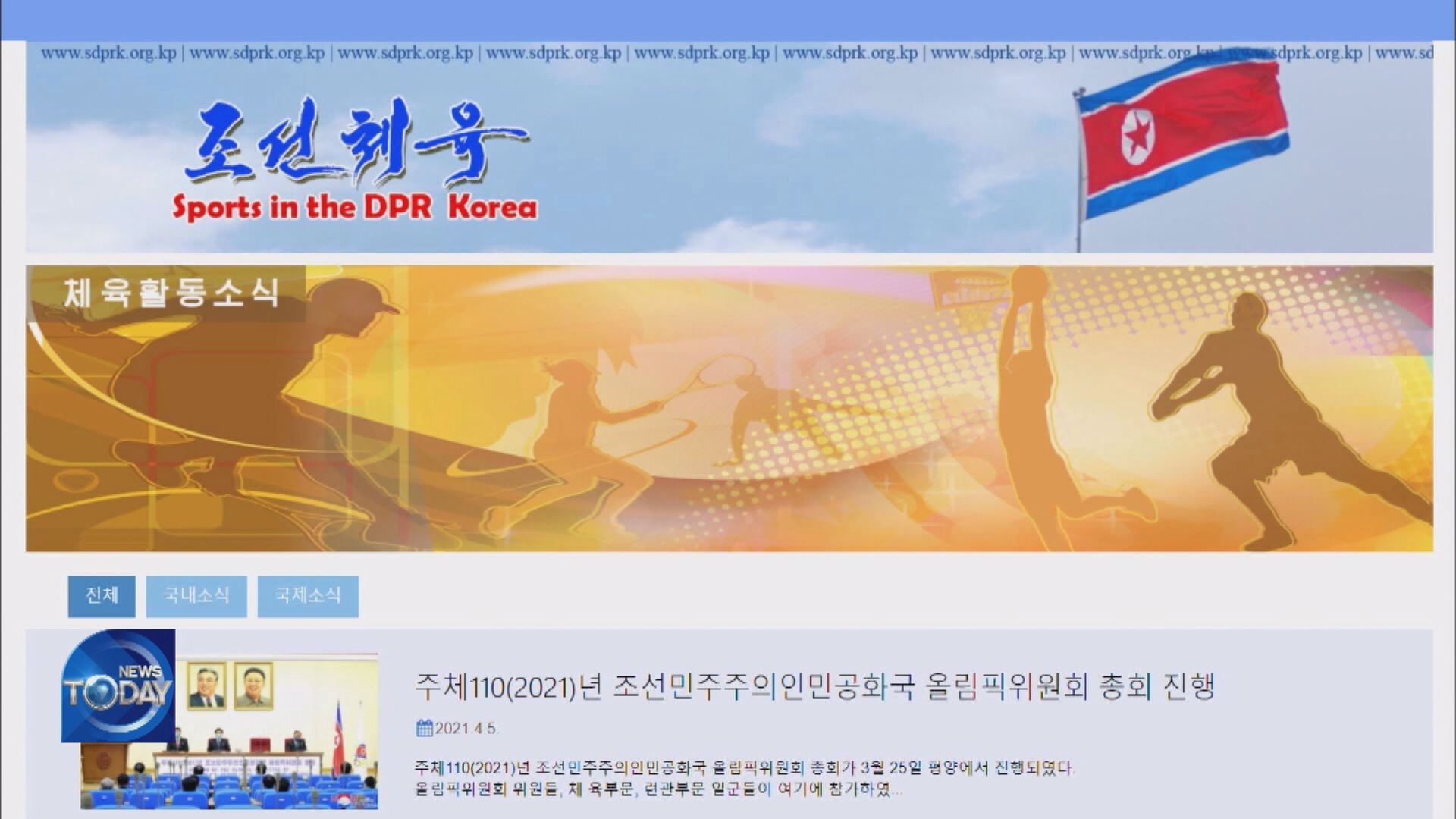

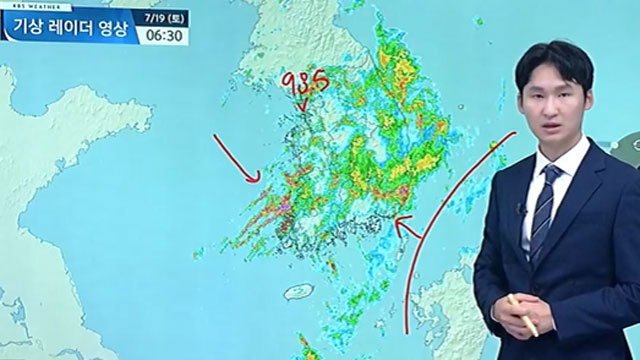
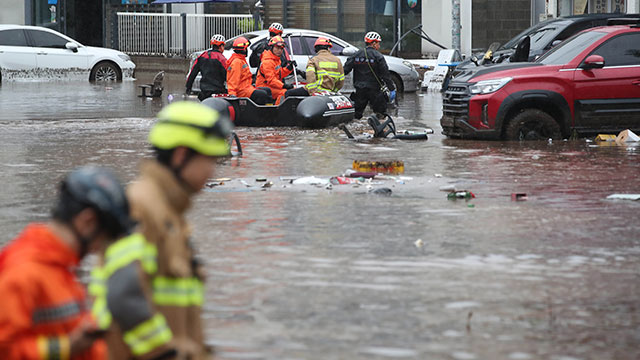
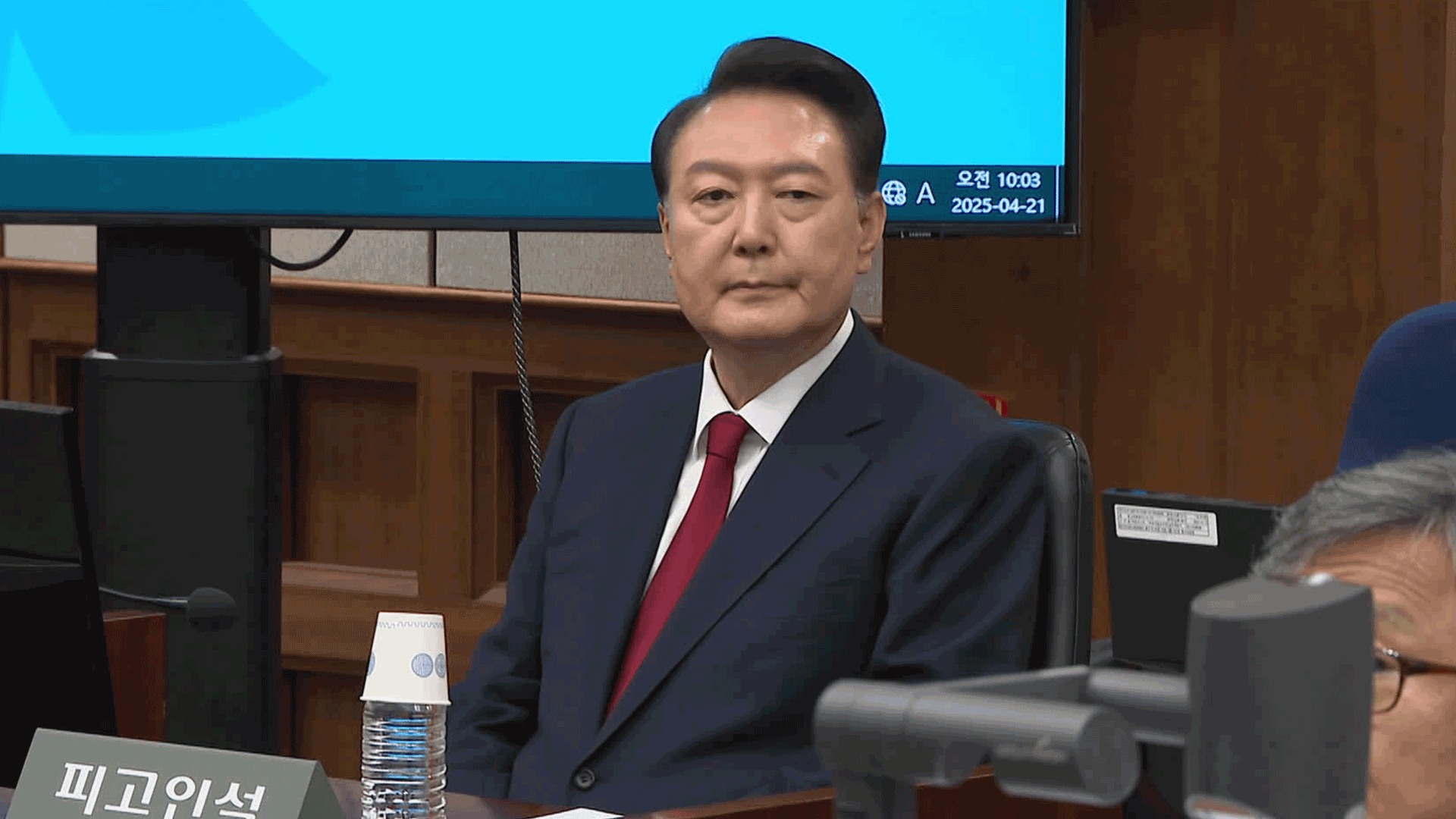

이 기사에 대한 의견을 남겨주세요.